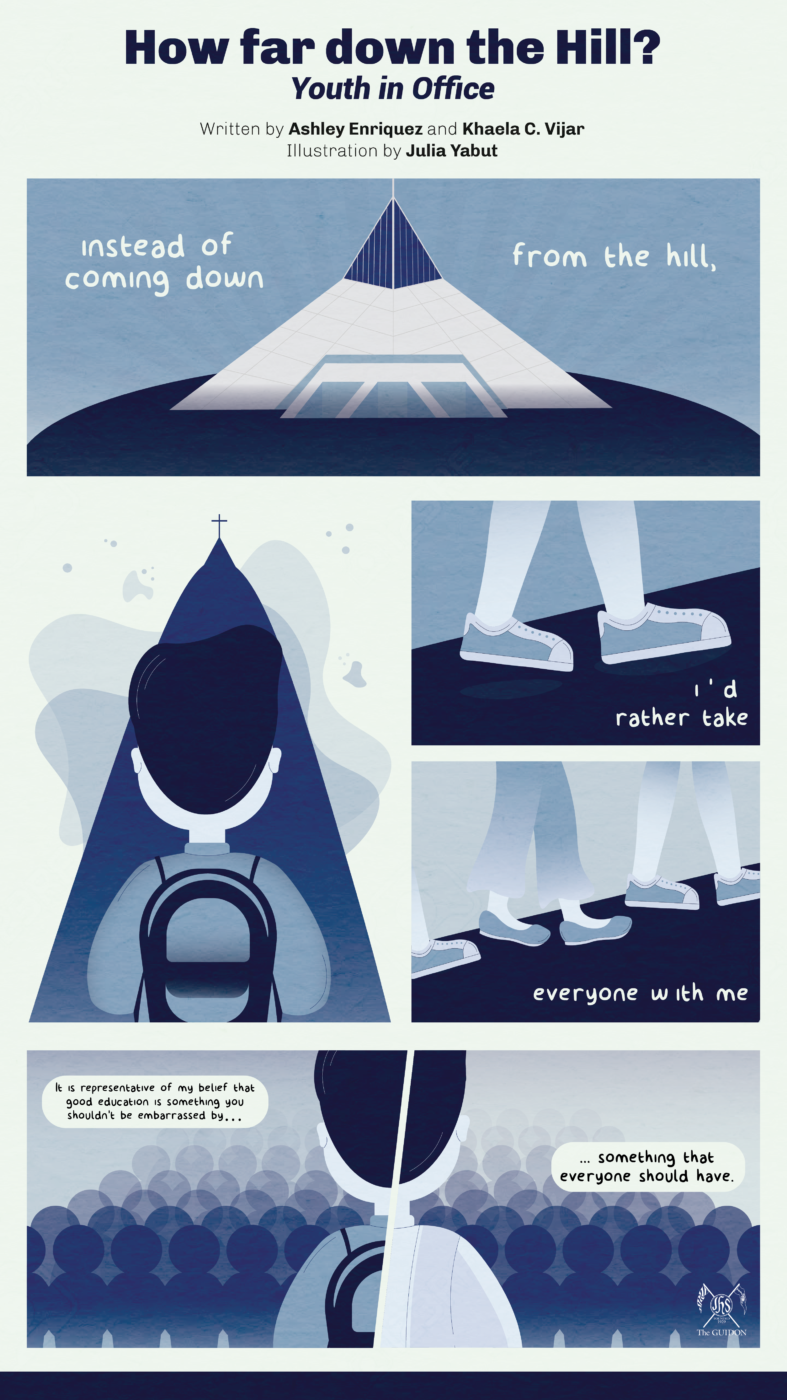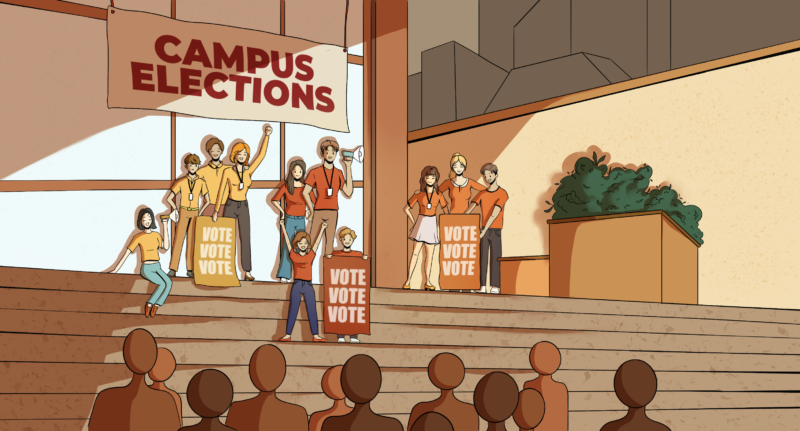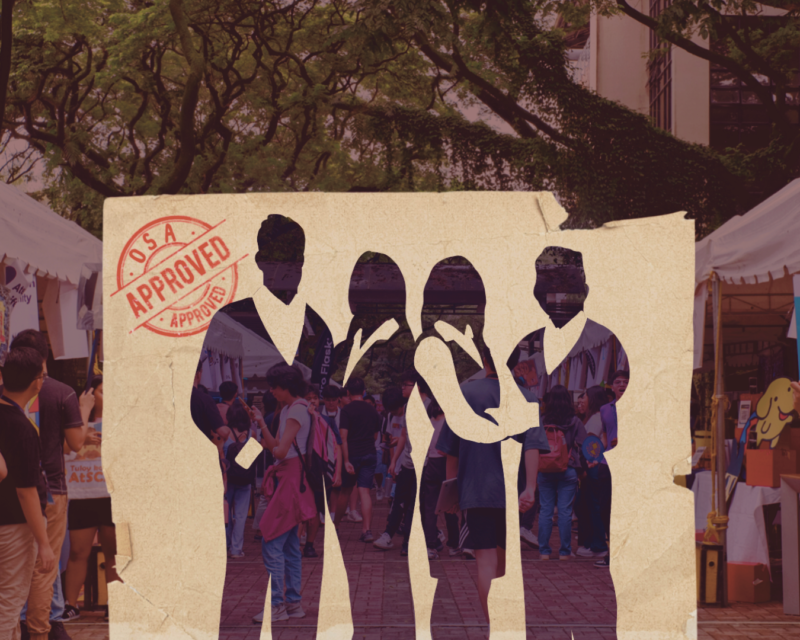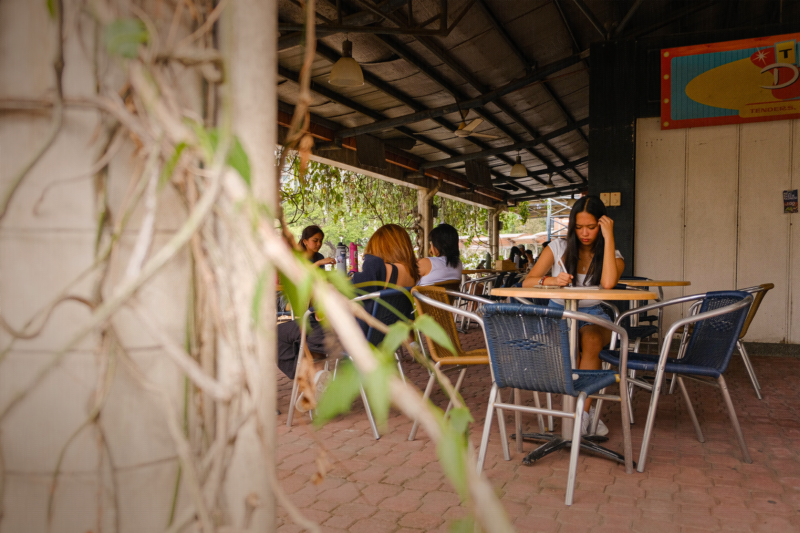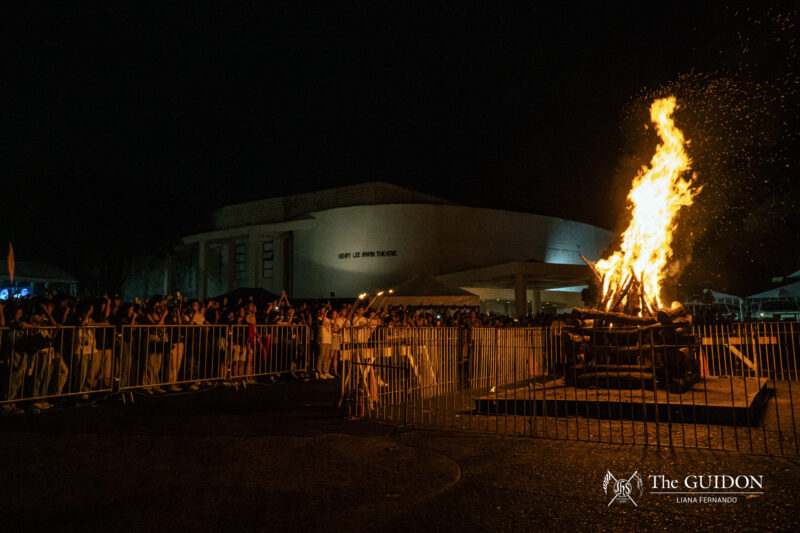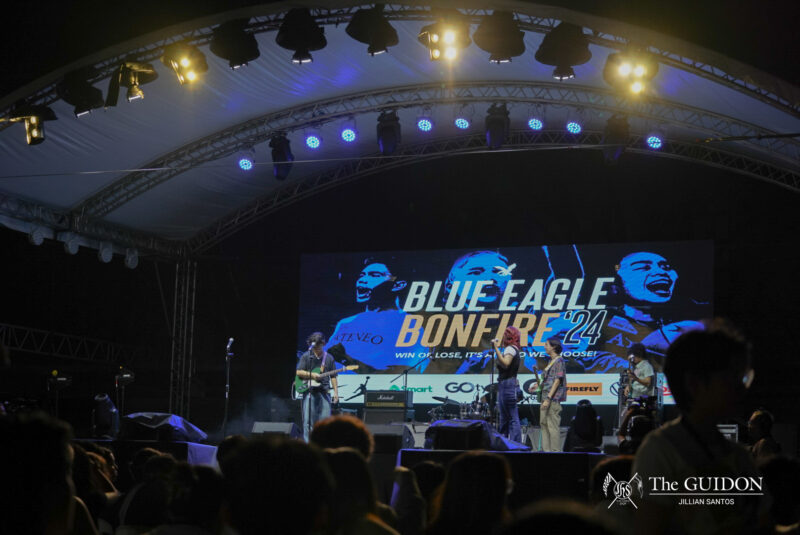ON NOVEMBER 27, 1968, the Ateneo was condemned as an institution that “catered exclusively to the oppressive power elite.”
54 years later, the message of the “Down from the hill” manifesto still rings true to many, and the Ateneo is seen as apathetic to the issues of the times. Low levels of electoral participation scathe much of Sanggunian election history. Elitist and privileged remarks assert that the University is “not for everyone.”
Amid the fraught conversations on economic inequality, Ateneo students flaunt a blithe disregard for luxury goods. Once again, the Ateneo stands to become irrelevant to the Philippine situation because it can do no more than “service the power elite.”
Amid this tangle of controversies, Ateneans have also proven the opposite in recent years. Many have stepped up to the demands of the manifesto by committing to a lifelong pledge of service to their community. Scores have been at the forefront of election campaign efforts, driven by their desire for a more just and honest government. In their bid to reclaim the country’s democracy, countless have led political protests that ballooned into forceful, sprawling campaigns against tyranny. Today, the Ateneo has begun “a rendering of justice, a commitment to cure society’s ills at its roots.”
Thus, although a fully politically active student population is still beyond reach, Ateneans have shown that they are just as engaged with the issues of the day as any community around them.
In the throes of a deeply controversial regime, Filipinos across the country are now forced to reckon with the growing violence on democracy as the 2022 elections loom ahead. The answer to this call remains relative, but for certain Ateneo students, it means descending the hill and entering the realm of politics for others.
Heeding the call
One of the students with a local election bid is Amin Hataman (3 AB EC), an aspiring Board Member candidate in the Basilan province.
Growing up, Hataman was no stranger to local politics as he witnessed how his parents worked towards championing Moro identity and human rights through their seats in office. In high school, Hataman also took part in student council and Model United Nations debates, which laid the groundwork for his path to leadership. Eventually, this early exposure to public service and community compelled him to trail behind his family.
Despite the progress they have made in the province, Basilan still remains steeped in conflict today. As the province grapples with its tainted history of insurgencies ravaging local communities and its struggle for sustainable peace, Hataman is resolute to run in what he deems as the “most important presidential election of our lifetimes.”
Another student who has taken the challenge of joining politics is Jolo Viceo (4 AB DS), who is currently running for Municipal Councilor in San Rafael, Bulacan. His leadership experiences back in elementary and high school, as class president and batch representative respectively, fostered a love for his community. As someone who grew up with parents who served in local office, running in his local elections later on did not seem far-fetched.
Viceo had raised the country’s flag in national and international fencing tilts, but he is currently taking a break from the Philippine National Fencing Team to focus on his electoral bid. As an athlete, he is determined to improve the local sports scene, so central to his proposed platforms is drafting a strong sports program that encourages the youth to enhance their athletic abilities.
The messianic complex
Hataman and Viceo are not the first Atenean undergraduate students to take this leap into politics.
Political Science Professor Anne Lan K. Candelaria shares that in the past 20 years, she has taught several students who ran for formal government positions. In fact, many Ateneans participated in politics during the late dictator Ferdinand Marcos’ regime.
Following democratization efforts in the wake of his administration, even more doors for people to enter public governance were opened. Candelaria explains, “With the passing of RA 7160, which is the Local Government Code of the Philippines, you actually have an institutionalized way of ordinary people directly participating in local governance through directly being elected in office now.”
The youth, spurred by a unique sense of idealism, are naturally compelled to seize these opportunities to serve in office.
“You feel like you’re a protagonist in this kind of bigger narrative… A lot of teenagers tend to be very idealistic and tend to have a more black-and-white kind of approach towards decision-making,” Psychology Professor Arvin Boller shares.
The youth’s innate idealism—coupled with their progressiveness and modern world competencies—is especially crucial in eliminating the tactics of traditional politicians, who often exploit the vulnerable to keep themselves in power.
He explains, “There are a lot of sensibilities that are held by the youth that are not being maximized by the government because sometimes they’re stuck in the old kind of thinking.”
In the world of politics, however, idealism and proficiency in surfing through modern spaces may not always be enough. Boller warns against the pitfalls of entering public office at such a young age as Philippine politics has long been riddled with problematic and often controversial issues such as corruption.
This youthful idealism may wear off when exposed to deeply controversial and toxic environments. The result is a greater risk of adolescents falling victim to its traumatic repercussions such as negative politicking.
“When you are put in a very toxic context of politics, you will be dealing with a lot of backstabbing… politicking… and backhanded stuff so it can be very traumatic, maybe even to these very optimistic youth coming into it,” Boller adds.
A person’s stint in politics may also turn awry when their sense of idealism develops a messianic complex—something that some Ateneans already possess.
“The sad part is those who have the capacity to run are usually these students who are privileged…. Sometimes they feel like they know more than the constituents they’re serving, and that tends to backfire a lot,” Boller shares.
Thus, in navigating such turbulent waters, Boller asserts the great need for a strong sense of maturity to get by in the realm of politics.
Currently, adolescents are still in the process of forming a solid identity for themselves; hence, their identities lack the maturity that may only come with age and experience. In resolving this tension, Boller says that entering into politics should require proper discernment and a solid grasp of one’s identity and moral code.
As more Ateneans are emboldened to occupy political spaces, Candelaria hopes that this phenomenon will create ripples. Today, she laments that students are disenchanted to build a career in civil service because holding government positions is not appraised as a prestigious career in the Philippines.
To transform this perception, she urges more Ateneans to pursue the path of local governance and partake in other formal political processes. By branching out of their bubbles, students can acquire a solid grasp of internal government procedures and mechanisms, promote electoral participation within the campus, and lead in demanding accountability in their own ways.
Men and women for others
Elections ignite a glimmer of hope in the youth, but running for office is a double-edged sword.
Should these Atenean candidates be elected, they are compelled to actualize the just society that the manifesto has envisioned—and acknowledge the privilege that allowed them to run in the first place.
Hataman heeds this call by acknowledging the privilege that comes with his education. “Instead of coming down from the hill, I’d rather take everyone up the hill with me…. It is representative of my belief that good education is something you shouldn’t be embarrassed by… something that everyone should have,” he remarks.
As the Philippines remains saturated with issues of injustice and inequality—mirroring the dire realities of 1968—the need for leaders who will heed the call of the masses has only amplified.
Candelaria calls on Atenean candidates to anchor their platforms on demonstrating accountability and transparency in the government—the essence of democracy. On this note, Boller leaves the youth to discern the question: “How can you liberate others?”

